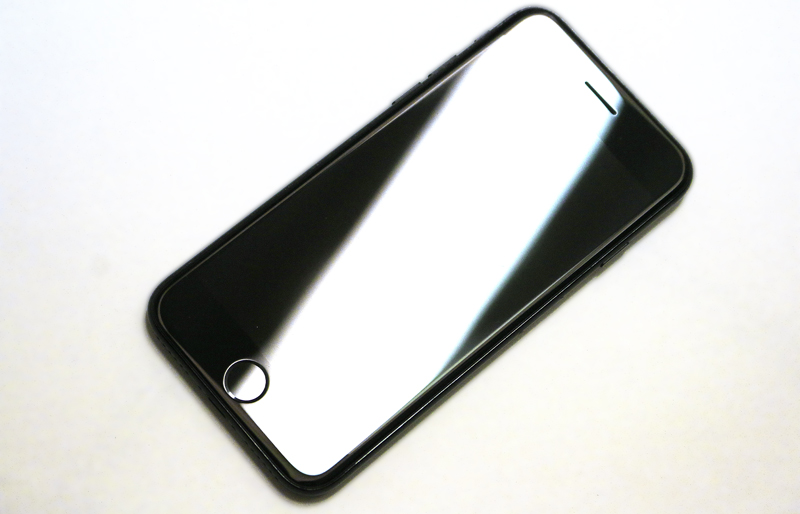Y ou receive a telephone call from an unknown telephone number and decide to answer it. A voice on the other end asks you, “Can you hear me?”
If that happens, hang up immediately and do not say “yes.” That is exactly what the caller on the other end wants for you to do.
Can You Hear Me? Do NOT Say Yes. Avoid This Telephone Scam…
Nefarious individuals who are perpetuating the latest scam at your expense want to record your affirmative answer and use it to authorize fraudulent and unwanted charges — especially if they already possess important information and sensitive data about you — such as your credit card or Social Security numbers as two of many examples.
According to this article written by Brigitt Earley of Real Simple, “They can then use the recorded ‘yes’ response in attempt to prove they gained your permission to make the charge.”
How to Prevent Yourself From Becoming a Potential Victim
The plans of most mobile telephones — as well as the devices themselves — have some sort of voice messaging service or function included on which the caller can leave you a message that can be saved.
If you receive a call from a telephone number which is unknown to you, simply do not answer it. Anyone who needs to reach you will either call back or leave a recorded message; and you can call them back at your convenience.
In a situation where you are expecting an important call from a person who has a telephone number with which you are unfamiliar, ask for at least the first few digits of that telephone number via e-mail message or other electronic written form of communication so that you know to confidently answer that call when you receive it.
If that is not possible but you still feel the need to answer the call, do not give any affirmative answers to the caller until he or she is verified by you. One good answer to the question “can you hear me?” can be “I can hear you” — an answer which would be far more difficult to use in this scam than a simple “yes.”
As with e-mail messages, remember that government agencies, credit card companies or other legitimate entities will never request important information or sensitive data when they call you via telephone. If there is any question which needs to be answered or resolved, calling the verified telephone number of the entity in question is the best way of ensuring that your information remains protected while being assured that you are speaking to a legitimate representative.
According to the aforementioned article, “You can also sign up for a service like Nomorobo, which analyzes your incoming calls and blocks any numbers with a high number of registered complaints.”
Summary
Fortunately, I have not been affected by this scam — probably because ever since I purchased my first mobile telephone some years ago, I never answer telephone numbers which are unknown to me, as my first thought is that telemarketers are behind the telephone call and I do not have the time to waste with them.
Area codes are still used to define geographic areas of the United States; but primarily due to the proliferation of mobile telephones, there are few measures these days preventing people based in one area code to obtain another area code and keep it no matter where they live — further confusing the telecommunications situation where you could receive a telephone call from a person based in Chicago using a 213 area code for Los Angeles. No longer can you use an area code to easily define the origin of from where the person is actually calling.
Scams — such as this one, which purported to be from the United States Treasury — are usually fairly easy to avoid; but there are times where any one of us can be caught off guard for whatever reason. If you suspect that you might in any way became a victim of this — or any other — scam, check all of your credit card statements, bills from utility companies and bank statements thoroughly and as soon as possible. If you detect any unusual or unscrupulous activity, immediately initiate a dispute with the entity, which will usually be on your side and assist you in any way possible.
In fact, checking your receipts against your credit card statement should be a regular habit of yours —regardless of whether or not you believe you might be a victim of a scam. You never know when an unfamiliar charge will appear on your statement — sometimes the entity issuing the charge has a different name than what is printed on your receipt, so check carefully — and implementing this practice on a regular basis may save you money.
The aforementioned article also advises that “if you discover unusual activity, you should also place a fraud alert on your credit file by contacting one of the credit reporting agencies” — but I personally have never needed to take that step.
Photograph ©2017 by Brian Cohen.

